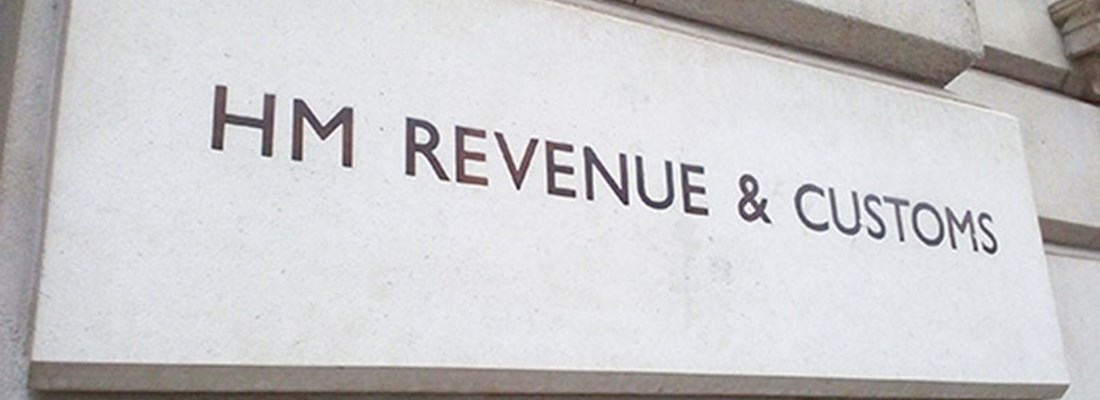Corporation Tax Changes

As you will be aware, the main rate of corporation tax increased to 25% from 1 April 2023. As always with tax, though, things are not quite as simple as that.
The new rates
For 1 April 2023 the rates are as follows:
- on profits of £0 - £50,000, the rate is 19%;
- on profits of £50,001 - £250,000, a marginal rate of 26.5% applies; and
- on profits of over £250,000, the rate is 25%.
If a company has one or more associated companies in the accounting period then the limits are divided by the number of associated companies plus one. For an accounting period of less than 12 months the lower limit and the upper limit are proportionately reduced.
A company is another company’s associated company in an accounting period if it is an associated company for any part of the accounting period, even if they are associated companies for different parts of the accounting period. In addition, a company is an associated company of another at any time when one of the two has control of the other or both are under the control of the same person or persons.
These rules can be highly complex but, in simple terms, rights of others, particularly direct blood relatives and spouses/civil partners, are taken into account when determining control. This is known as ‘attribution’. The rules can also apply to common control by loan creditors and also trustees in specific situations.
Substantial commercial interdependence
However, where there is no substantial commercial interdependence between the companies concerned, then attribution of the rights of others is ignored.
The following factors are to be taken into account namely the degree to which the companies are financially, economically and organisationally interdependent.
Two companies are financially interdependent if, in particular, one gives financial support (directly or indirectly) to the other or each has (directly or indirectly) a financial interest in the other's activities.
Two companies are economically interdependent if, in particular:
- they seek to realise the same economic objective;
- the activities of one benefit the other; or
- their activities involve common customers.
Two companies are organisationally interdependent if, in particular, they have common management, employees, premises or equipment.
The word substantial is not defined.
How Mercia can help
Get ahead with the Corporation Tax Changes with help from Mercia.
Training Course - Finance Act Client Communication - Client Letters




